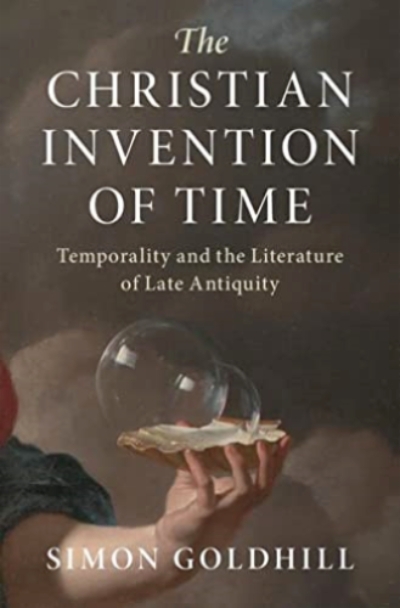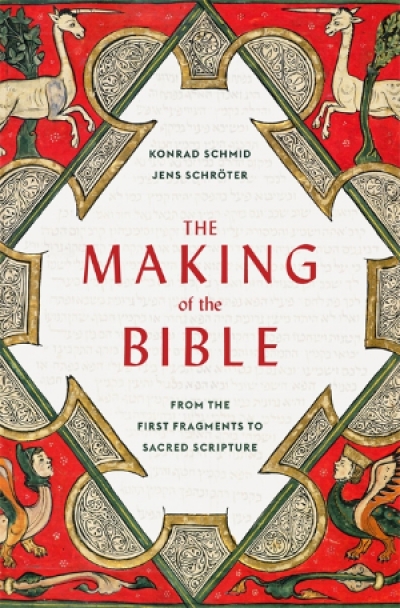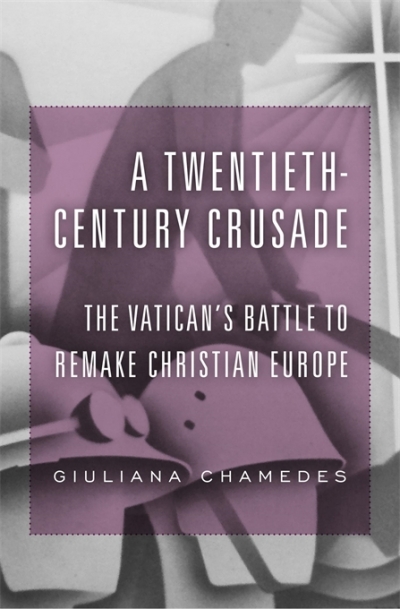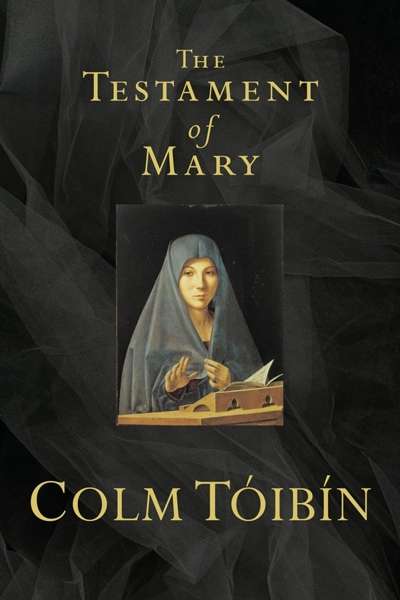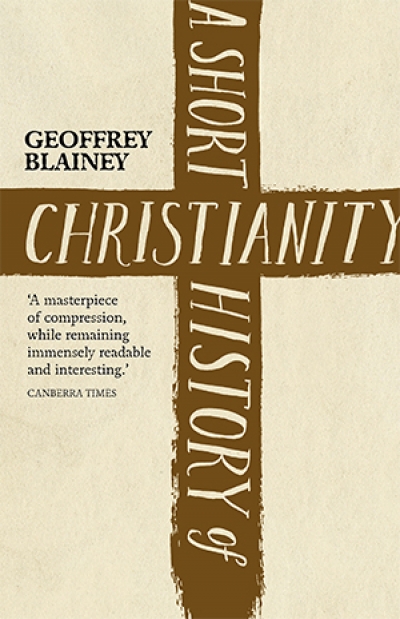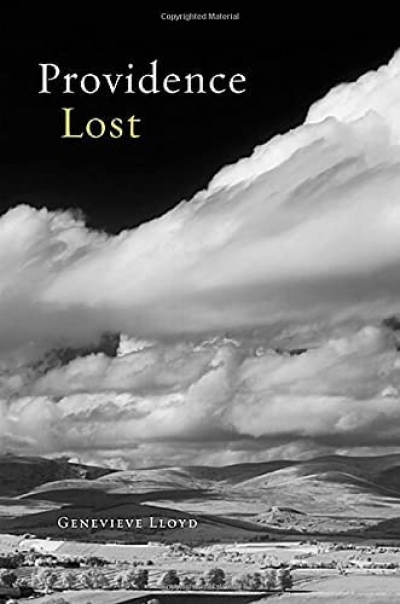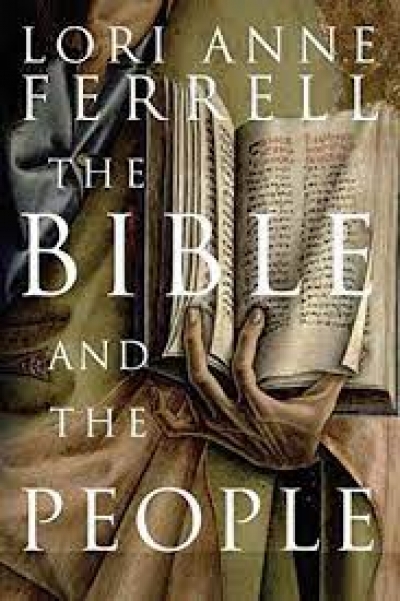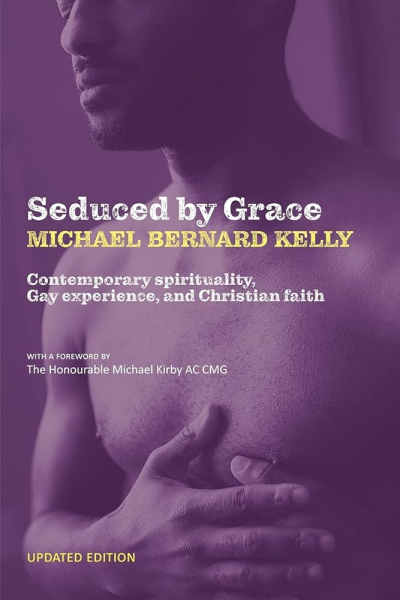Christianity
The Christian Invention of Time: Temporality and the literature of late antiquity by Simon Goldhill
by David T. Runia •
The Making of the Bible: From the first fragments to sacred scripture by Konrad Schmid and Jens Schröter, translated by Peter Lewis
by Constant J. Mews •
A Twentieth-Century Crusade: The Vatican’s battle to remake Christian Europe by Giuliana Chamedes
by Paul Collins •
Ars Sacra: Christian Art and Architecture of the Western World from the Very Beginning up Until Today edited by Rolf Toman and Thomas Paffen
by Christopher Menz •
Evolution in the Antipodes: Charles Darwin and Australia by Tom Frame
by Cameron Shingleton •
Seduced by Grace: Contemporary spirituality, gay experience and Christian faith by Michael Bernard Kelly
by John Rickard •

